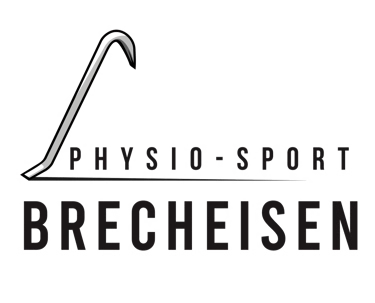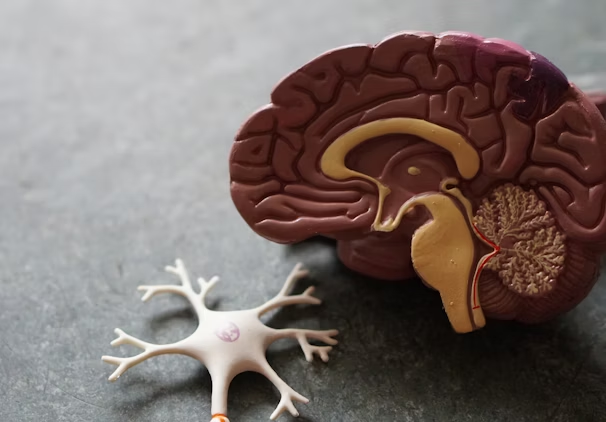⚠️ The information below does not replace a consultation with a qualified healthcare professional. It provides a simplified overview of a complex issue that requires individualized assessment and management.
What is a Concussion?
A concussion is a mild traumatic brain injury that temporarily disrupts normal brain function. It occurs following a direct or indirect impact to the head. Symptoms can include headaches, dizziness, memory problems, difficulty concentrating, and mood changes.
Although often perceived as minor, prompt medical evaluation is essential to prevent long-term complications.
Who is Affected?
Athletes are particularly at risk, especially in contact sports such as rugby, American football, judo, boxing, or ice hockey. Children, adolescents, and military personnel can also be affected. Concussions do not occur only during sports—car accidents or impacts against furniture can also cause them.
Symptoms of a Concussion
Symptoms may appear immediately or after a delay:
- Physical: headaches, nausea, dizziness, balance problems
- Cognitive: memory issues, difficulty concentrating, confusion
- Emotional: irritability, anxiety, depression
Diagnosis is based on a thorough clinical examination, including patient history, neurological assessment, and standardized tools such as the SCAT6 (Sport Concussion Assessment Tool, 6th Edition).
SCAT6: Key Diagnostic Tool
The SCAT6 is a reference test for evaluating concussions. It helps identify symptoms and determine severity, particularly in athletes following a head impact.
Physiotherapy Treatments for Concussions
Early physiotherapy intervention can promote faster recovery. Approaches include:
- Vestibular rehabilitation: improves balance and reduces dizziness
- Oculomotor therapy: targets eye movements and coordination
- Cervical therapy: relieves neck tension and pain
- Progressive exercises: gradual return to physical activity up to full sports participation
- Autonomic nervous system regulation: breathing and relaxation exercises
Returning to Sport After a Concussion
Return to sport must be gradual and only if the patient is completely symptom-free at rest and during activity. In my Basel practice, I provide individualized monitoring and medical supervision to ensure a safe return to sports.
Current Statistics
Concussions represent a significant portion of sports injuries, especially among young athletes. In Basel and elsewhere, the incidence is rising, particularly among adolescents in contact sports. Without proper management, concussions can lead to post-concussion syndrome and long-term sequelae.
Why Seek Care Quickly?
Prompt treatment accelerates recovery and reduces the risk of complications. In my physiotherapy practice in Basel, I provide specialized, evidence-based treatments designed to support optimal recovery.
👉 Contact me for a full evaluation and targeted rehabilitation.
References
- Consensus Statement on Concussion in Sport: The 6th International Conference on Concussion in Sport – Amsterdam, October 2022
- The Role of Physiotherapy in the Management of Concussion: A Systematic Review
- Epidemiology of Concussion in Sport: A Systematic Review
- Sport Concussion Assessment Tool – 6th Edition
- Return to Sport Following Concussion: A Systematic Review of Guidelines
- Pediatric Concussions: Management and Outcomes
- Advances in Concussion Management: A Comprehensive Review
- The Impact of Early Rehabilitation on Recovery Following Sport-Related Concussion
- Concussion in Contact Sports: Risk Factors and Prevention Strategies

